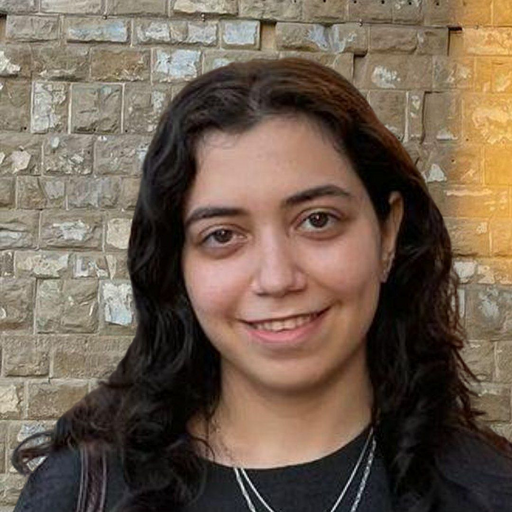Elham Daneshmand and Haolun Wu, both PhD candidates in computer science, are recipients of 2023 Borealis AI Fellowships. Awarded to only 10 people in Canada, the Fellowships support world-leading research across Canada, guiding exceptional students and helping them achieve their research goals as they pursue graduate degrees in machine learning (ML) or artificial intelligence (AI).
Both Daneshmand and Wu also conduct their research at Mila, a Montreal research institute partnership between McGill and Université de Montréal, with links to Polytechnique Montréal and HEC Montréal.
“Borealis AI recognizes that Canada’s AI and ML research community relies on a robust and diverse workforce. Our Borealis AI Fellowships, along with other student programs … reflect our continued dedication to strengthening the student communities in Canada and nurturing them during their journey to become the country’s next generation of AI talent,” says Eirene Seiradaki, Director of Research Partnerships at Borealis AI.
Haolun Wu

Haolun Wu is a third-year PhD candidate in computer science under the supervision of Xue (Steve) Liu from the School of Computer Science. His research interests include knowledge modeling, storage, and retrieval in information systems, and, as well, the alignment to social good. Wu’s recent work focuses on where and how the Large Language Models (LLMs) store and retrieve world knowledge.
“The applications of my work include improving the efficiency and reliability of information-seeking and web-search systems,” he says. “I also enhance the tools that help people receive better recommendations based on their preferences and browsing history.
“My recent work on understanding the LLMs opens up possibilities to improve how these models handle information, leading to more accurate and reliable results when people use digital platforms for various purposes,” says Wu.
Wu says his “research journey” began with an interest in recommendation systems, a specific information filtering system that provides suggestions for items that are most pertinent to a particular user. Over time, this interest evolved to encompass the broader field of information seeking and knowledge understanding. “At its core, my motivation is fueled by the belief that knowledge is the central axis of the world, and by enhancing how we store and retrieve it, we can make significant strides toward a more informed and intuitive digital landscape,” he says.
“Winning the Borealis AI Fellowship is a significant milestone in my research career,” says Wu. “Not only is it a substantial financial support, but more importantly, it furnishes me with invaluable connections in Canada’s AI community. It also offers a vital platform to broadcast my work to a wider audience and to receive suggestions from other experts in the field – which is very important to fostering innovative research, and is extremely beneficial to my PhD study and research.”
Elham Daneshmand

Elham Daneshmand is a PhD candidate in computer science under the supervision of Hsiu-Chin Lin. Daneshmand is interested in a combination of reinforcement learning and optimal control for robotics.
“I am utilizing Reinforcement Learning and Optimal Control methods to enable robots to perform actions such as walking, running, and similar tasks,” she says. In this regard, I am working on making a safe and robust algorithm for robots to be able to interact with the world.”
Daneshmand became interested in robotics as an undergraduate student. “During this period, I discovered the immense potential of artificial intelligence within the field of robotics,” she says. “I was inspired and determined to pursue a career in the field of AI.”
“I am really thrilled to win a competitive fellowship such as the Borealis AI Fellowship. It motivates me to continue working on my research projects.”
